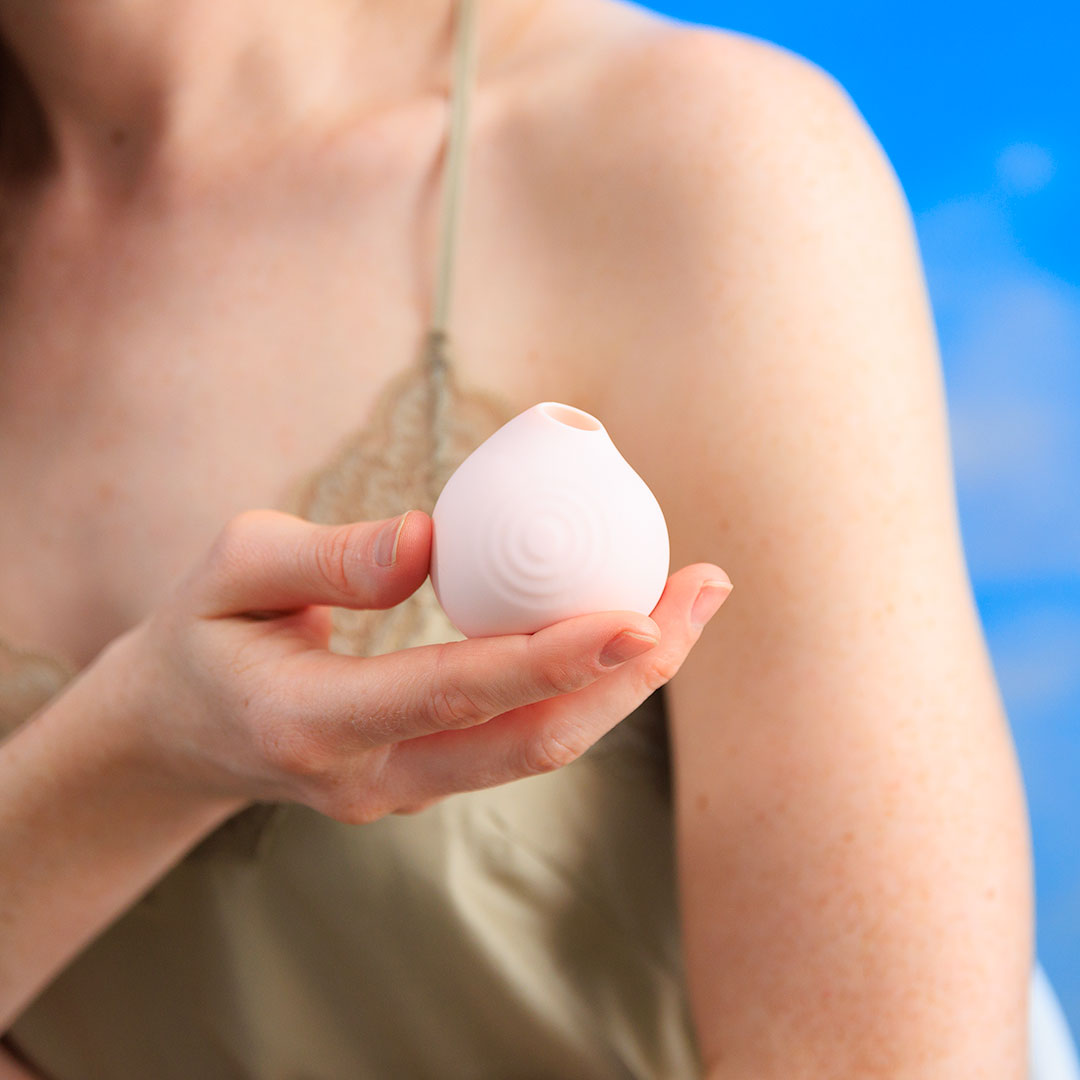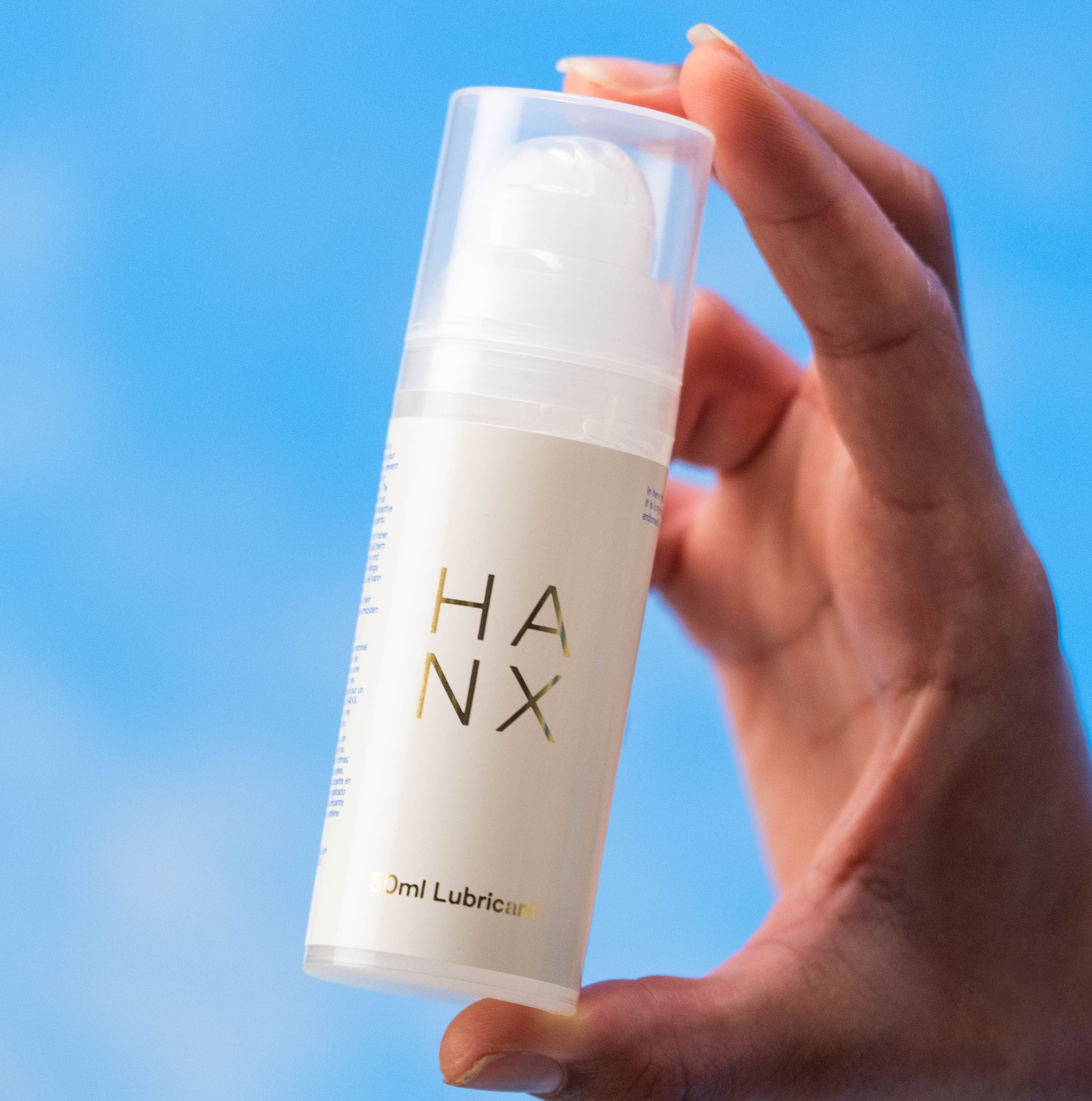Code Red: All There Is To Know About Your Menstrual Cycle
Let’s have a good look at the menstrual cycle (aka your period). What exactly is happening in our bodies throughout the cycle? What impacts it? How do hormone changes impact how we feel? Aunt Flow, code red, time of the month: whatever you call it, we’re here for you and we're ready to bust some of those pesky myths around periods and fertility…
How long is your menstrual cycle?
Ok, let’s start from the top. Your menstrual cycle is the number of days from the first day of bleeding in one month, to the first day of bleeding in the next. On average, this is 28 days but the majority of cycles fall somewhere between 26 and 36 days. On average, periods (the time you bleed) last between 4-6 days, but this can vary from person to person.
What are the phases within the cycle?
The cycle has three distinct phases; the follicular, ovulatory and luteal phases.
The follicular phase
During the follicular phase, oestrogen causes a spike in LH (luteinising hormone) which triggers ovulation, meaning your ovary releases an egg.
The ovulatory phase
This ovulatory phase typically occurs in the middle of the cycle, and some people will experience pain at this time.
The luteal phase
Following ovulation, progesterone begins to rise and levels peaks at around day 21.
The fall in progesterone levels triggers the lining of your uterus to shed – meaning you get your period. However, if your egg has been fertilised, and is implanted into the uterine lining, progesterone levels are maintained and you do not have a period.
On average, periods last between 4-6 days, but this can vary from person to person.
Ready for some mistruths around the menstrual cycle, periods, and fertility? You might not have heard all of them or they all might plague the back of your mind every month: but which ones are actually false?
You can’t have sex on your period.
We can (and frequently will) talk for days about period sex, but in short, yes you can and yes, it can be amazing.
You can’t get pregnant during your period.
To add to the first point, make sure you use protection when you have period sex if you don’t want to fall pregnant, as your cycle may be short, meaning you release an egg nearer to the time of your period. Equally, sperm can live in the genital tract for up to 5 days.
Every menstrual’s cycle is 28 days:
Each menstrual cycle is unique to its body. There are many factors that influence our cycles, such as exercise, weight, stress. The average range varies from 26 to 36 days.
You can only get pregnant on one day of the month.
You're most fertile and therefore most likely to get pregnant at the time of ovulation (when an egg is released from your ovaries), which usually occurs around day 14. It's less likely that you'll get pregnant just after your period, although it can happen as discussed above.
The ovary ovulates more than once a cycle.
You can ovulate more than once a month. A growth wave of 15 to 20 egg-carrying cells called follicles occurs before ovulation. One follicle will become dominant while the others die off.
Sperm live for one day before dying.
As mentioned in point two, those little swimmers can survive for up to 5 days, meaning if there is an egg to fertilise within that time, they will try their very best to do so.
You need periods in order to stay healthy:
This is not true.
Menstruation glossary:
corpus luteum: A mass of tissue formed in the ovary after ovulation that secretes progesterone and eventually disintegrates if the egg is not fertilised.
endometrium: The mucous membrane that lines the uterus and thickens in preparation for the implantation of an embryo and is shed during menstruation.
oestrogen: A female sex hormone produced by the ovaries, dominant in the
first half of the menstrual cycle.
fallopian tube: One of the two tubes on either side of the uterus that carry the egg from an ovary to the uterus.
follicle-stimulating hormone (FSH): A hormone produced by the pituitary gland that stimulates the maturation of the ovarian follicles in preparation for ovulation.
follicular phase: The first half of the menstrual cycle when oestrogen is high and the ovarian follicles mature in preparation for ovulation.
luteal phase: The second half of the menstrual cycle that occurs after ovulation when progesterone is higher.
luteinising hormone (LH): A hormone produced by the pituitary gland that triggers ovulation and the development of the corpus luteum.
ovaries: Female reproductive organs that produce eggs and hormones.
ovulation: When the ovary releases an egg.
ovulatory phase: The phase between the follicular and luteal phases when
LH surges, triggering the release of an egg.
progesterone: A hormone that is released by the corpus luteum in the ovary to help prepare the uterus for the implantation of an embryo, dominant in the second half of the menstrual cycle.
testosterone: A sex hormone secreted by the ovaries and adrenal glands that rises before ovulation, and plays a role in the growth and maintenance of female reproductive tissue and bone mass.






















